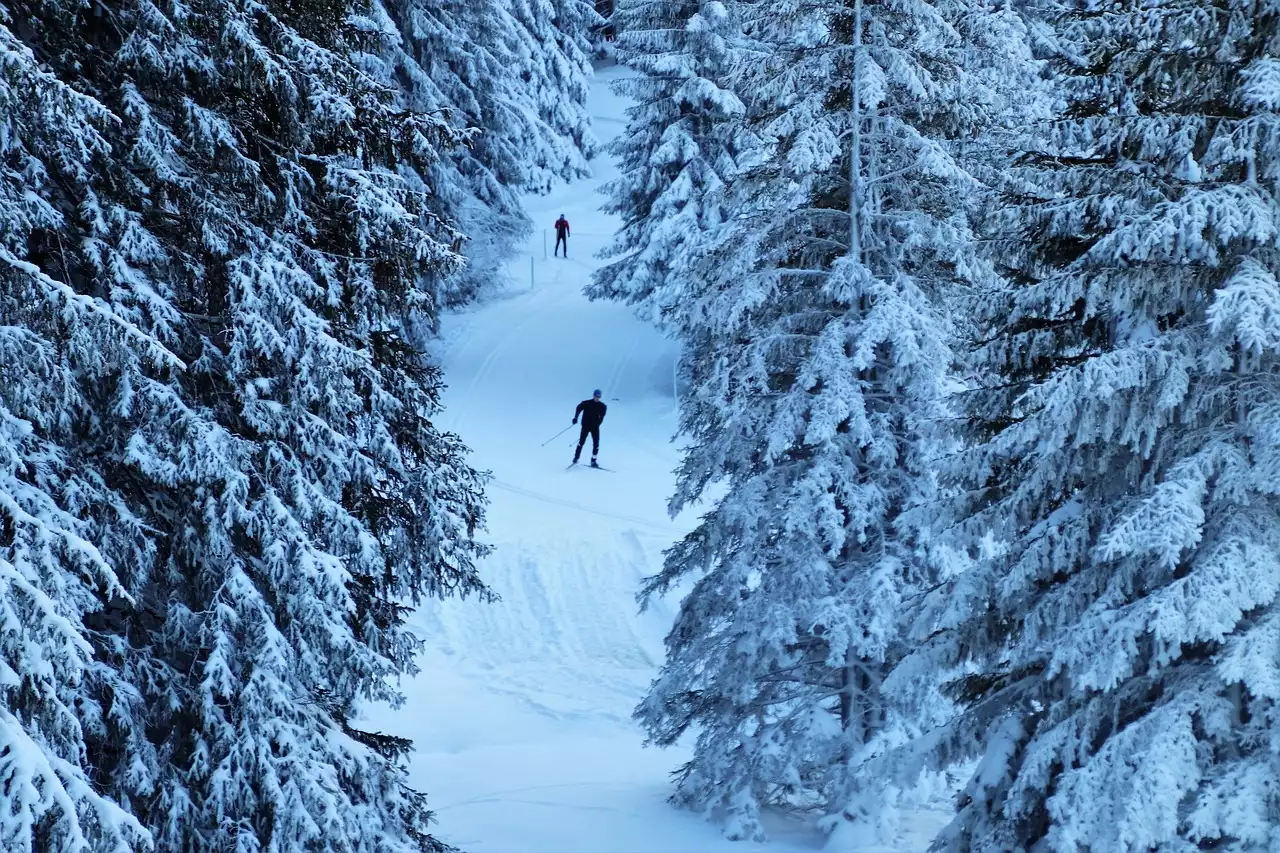Early Life and Career
Samuel Bode Miller was born on October 12, 1977, in Easton, New Hampshire. Miller grew up in a skiing family and began skiing at the age of two. As a child, Miller was home-schooled and spent much of his time skiing with his family. He began competing in junior ski races at the age of six and quickly became known for his aggressive style.
Miller's early career was marked by a series of injuries and setbacks. He missed most of the 1997-1998 season due to a knee injury, and in 1999 he broke his ankle while racing. Despite these challenges, Miller continued to train and compete, and in 2002 he made his Olympic debut in Salt Lake City.
Breakout Success and Olympic Medals
Miller's Olympic debut in 2002 was a disappointment, as he failed to win a medal in any of his events. However, he quickly rebounded and became one of the most dominant skiers on the World Cup circuit. In the 2004-2005 season, Miller won the overall World Cup title, becoming the first American man to do so in 22 years.
Miller's success continued at the 2006 Winter Olympics in Turin, where he won two silver medals and a gold medal in the super combined event. Miller's gold medal was particularly impressive, as he came from behind to win the race after a poor performance in the downhill portion.
Controversies and Setbacks
Despite his success on the slopes, Miller was a controversial figure off the slopes. He was known for his outspoken views on topics such as drug use in skiing and the commercialization of the sport. He also drew criticism for his partying lifestyle and for being dismissive of his fellow skiers.
In 2008, Miller suffered a serious injury while training, which forced him to miss most of the season. He returned to competition in 2009, but his results were mixed. He failed to win a medal at the 2010 Winter Olympics in Vancouver, and in 2011 he announced that he was taking a break from skiing to focus on his personal life.
Comeback and Retirement
Miller returned to skiing in 2012 and had a successful season, winning three World Cup races and a bronze medal at the World Championships. He continued to compete over the next few years but struggled with injuries and inconsistent results.
In 2015, Miller announced that he was taking a break from skiing to recover from back surgery. He attempted to make a comeback in 2016 but was forced to withdraw from the World Cup circuit due to ongoing back problems.
In November 2017, Miller announced his retirement from skiing. He finished his career with six Olympic medals, four World Championship titles, and 33 World Cup wins. He remains one of the most successful American skiers in history.
Impact on Alpine Skiing
Bode Miller's impact on alpine skiing goes far beyond his impressive list of accomplishments. His unconventional approach to training, his willingness to speak his mind, and his unapologetic attitude towards risk-taking have all helped to reshape the sport and inspire a new generation of skiers.
Bode Miller's Training and Techniques
Miller was known for his unconventional approach to training. He was a strong believer in the power of visualization and would often spend hours mentally rehearsing his runs before actually skiing them. He also focused on building his strength and endurance through a variety of non-traditional exercises, such as rock climbing and kayaking.
Miller's skiing technique was also unconventional. He was known for his aggressive, high-risk style, which often led to spectacular crashes but also allowed him to make up time on the course. Miller was particularly skilled at skiing on difficult, icy terrain, and his ability to navigate challenging conditions helped him win many of his races.
Bode Miller's Ski Equipment
Miller was also known for his innovative approach to ski equipment. He worked closely with his equipment sponsors to develop new skis, boots, and bindings that were tailored to his unique style. Miller was particularly interested in the science of ski tuning and would spend hours testing different wax and edge combinations to find the perfect setup for each race.
Legacy and Future of Alpine Skiing
Bode Miller's legacy in alpine skiing is a complex one. He was undoubtedly one of the greatest skiers of his generation, but his controversial behavior off the slopes sometimes overshadowed his accomplishments. However, Miller's impact on the sport cannot be denied. His aggressive style and willingness to take risks have inspired a new generation of skiers to push the limits of what is possible on the slopes.
Looking to the future, it is clear that alpine skiing will continue to evolve and change. New technologies and training methods will emerge, and new champions will rise to the top. But one thing is certain: the bold and fearless spirit of Bode Miller will continue to inspire skiers for generations to come.






.png?size=50)



